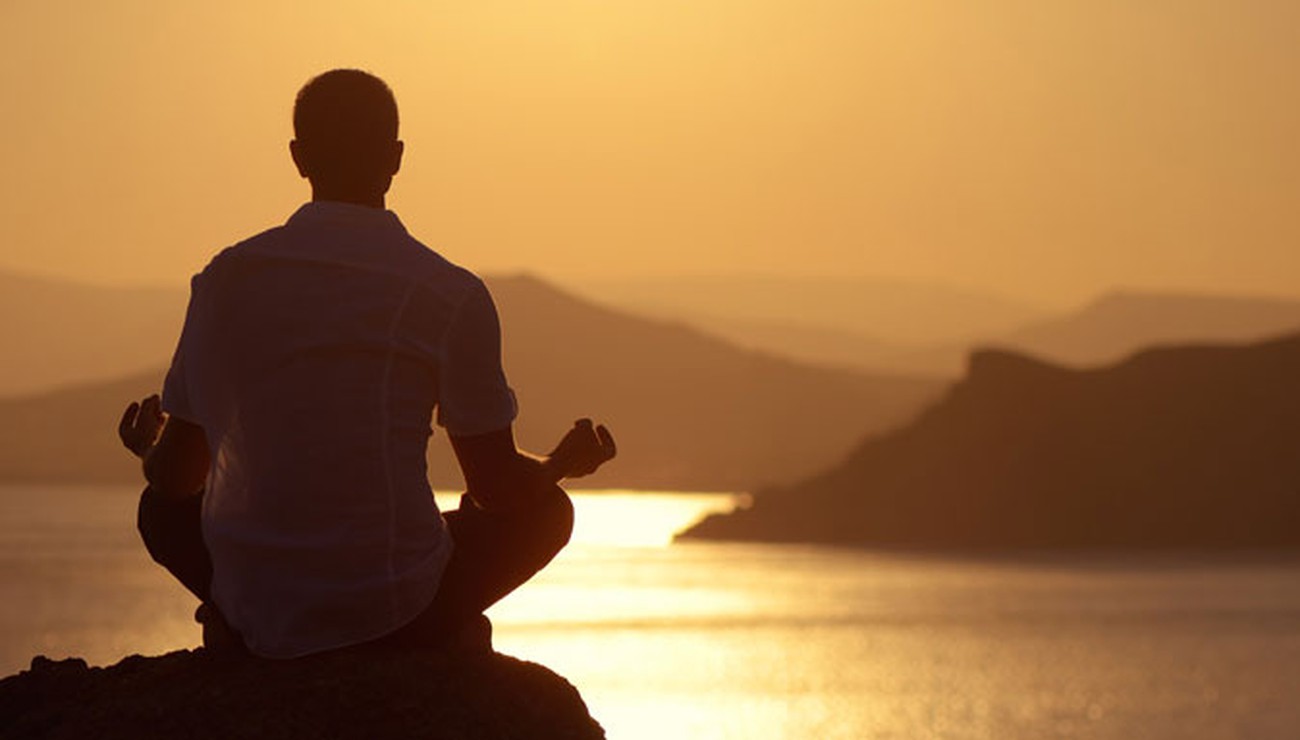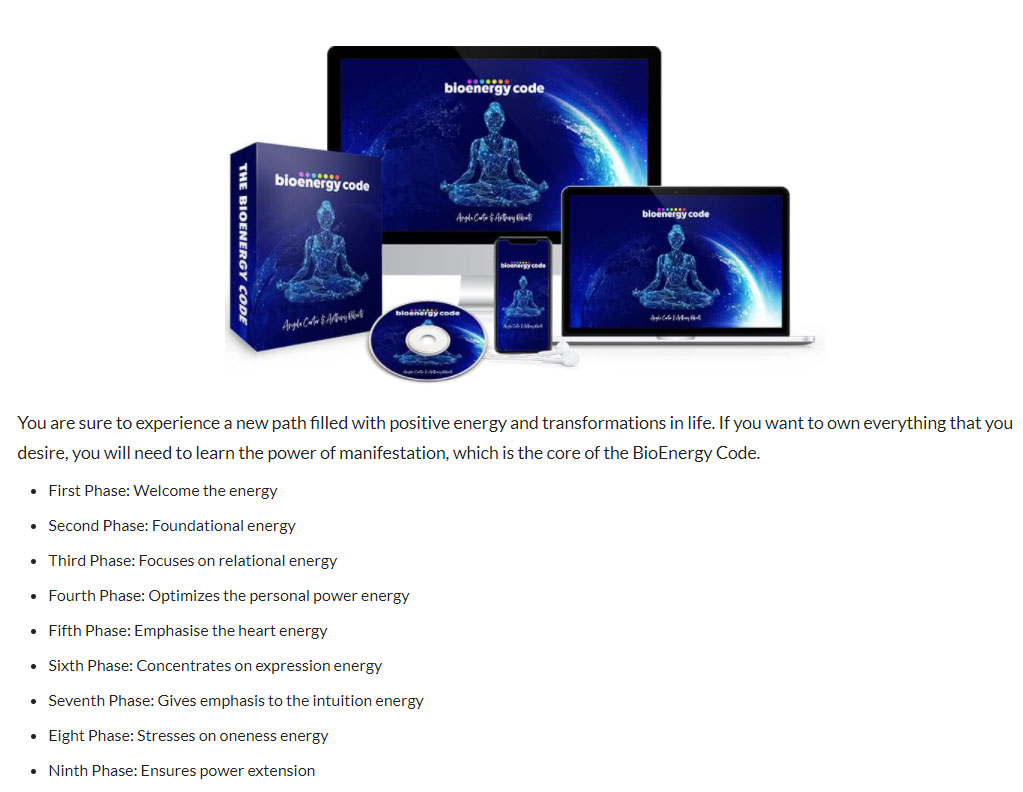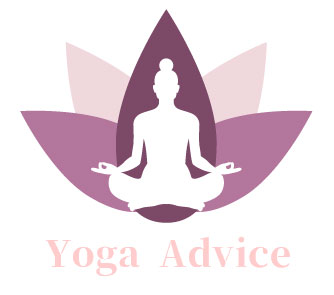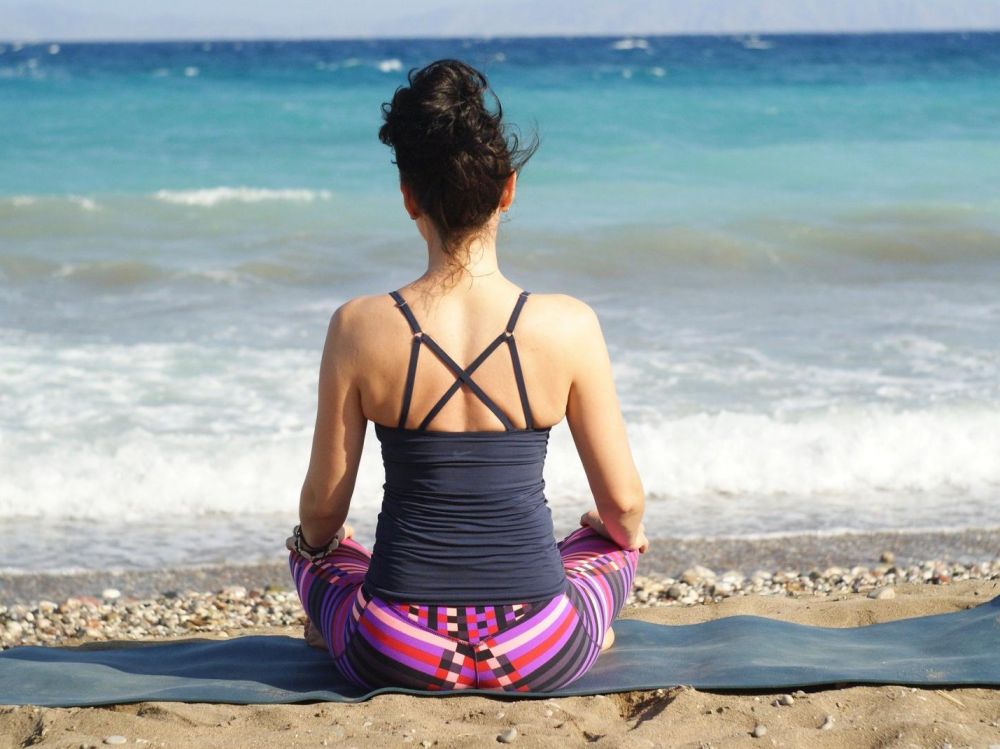What is meditation
There are many different, even contradictory ideas about what meditation is, but the fundamental approach is the need for the meditator to understand the nature of the mind rather than to struggle with it.
Understand that meditation has nothing to do with the life of a monk or ascetic who seeks to cut himself off from the world as it is too often perceived. Nor is it a belief or religion. You don't need to change your life to open yourself up to meditation. Meditation is a quality within you that is simply detachment or, in other words, inner alertness and mindfulness in the present moment.
There are many meditation techniques that help the beginner to discover and get in touch with his or her inner self: for example, Vipassana meditation, Zazen, Osho active meditations, Tantric meditations, Buddhist meditations, etc. etc. But in the ultimate sense, meditation is not a technique, it is an understanding, an awareness of who we really are.
This final understanding is often still far away for us and that is why meditation techniques are necessary, until the state of meditation has become, not just a one-time experience but an intrinsic part of ourselves, just like breathing for example.
It is in us and only in us that we can find deep relaxation, calm and true love. These qualities cannot come from money, social recognition or a loving partner.

Misunderstandings about meditation
Concentration is not meditation. Meditation is relaxation. To relax means to accept to do nothing at all. Sit in silence and simply observe what is happening. But be careful, don't try to observe! Otherwise, you have to concentrate and make an effort. Stay calm, relaxed, receptive, that's all. No struggle, no conflict, no effort. Just be there.
Meditation is not specifically oriental and it is much more than a technique. It's even less a mantra that needs to be stupidly repeated! No one can learn it: it is an intimate growth.
Meditation is not introspection. Introspection is a reflection about who you are or what you do. Western psychology emphasizes introspection. What is introspection? Let's take an example: anger. After an outburst of rage, you reflect: what provoked it, what happened? You make a lot of assumptions, a lot of associations of ideas, but they are all turned toward anger and away from you. You scrutinize every detail of the event, you dissect, you rack your brains, you want to know how you could have avoided this crisis, you want to stop it from happening again. It is a vast intellectual process. The Western approach is analytical, it's a psychoanalysis.
The oriental attitude can be summed up in a few words: be aware. Don't analyze your anger, it is not necessary. Look at it with total attention, neutral, empty of thoughts. Remain in the feeling of rage that is there, present. Explanations are meaningless, like your desire to give up this anger or your regrets. The only thing to do is to observe. That is remembering the self.
SUGGESTIONS FOR BEGINNERS
1. Find a suitable place. The beginner must carefully choose the place where he will meditate. Avoid noisy places, go rather into nature, it still abounds in movement, vibration, the pulsation of life. If you cannot go to any place that is not yet invaded, damaged, polluted, stay at home. Set up a room or a small corner that is used only for meditation. This way, this place will gradually become impregnated with your meditative vibrations and it will be easier for you to return to meditation.
2. Make yourself comfortable. If you have chosen a technique that requires you to sit for a certain amount of time, make yourself comfortable, on the floor with or without a cushion or in a chair. Take off your shoes, put on comfortable clothing and forget your worries!
3. Cut yourself off from the world for one hour a day. Before meditating, pick up the phone and protect yourself from any disturbance. You must not be disturbed! Your "retreat" is a sacred place. It is good for the body and mind to isolate yourself for one hour a day.
4. It is strongly advised to start with active meditation (kundalini meditation is a good start for example) because often immobility is far from obvious! If sitting in silence, you are overwhelmed by your thoughts and emotions and you are facing madness of mind, then stop meditating in silence and start active meditation. The goal is to be well and not to face your inner demons. Techniques that begin with active phases prepare you for meditation. For more information on active meditation, click here.
5. If you don't understand a meditation, don't do it. Don't try to interpret it! Some people have a motto: when you don't know what to do, do anything. This principle is dangerous. If you don't know what to do, don't do anything. The mind is complex, delicate. Unless you are aware of what you are doing, abstain from doing anything, otherwise you will multiply the difficulties instead of solving them. So follow the instructions without taking anything away or adding anything. Also avoid mixing techniques. They work differently, and so does their foundation. They lead in the same direction, but differ as means. Some are even diametrically opposed!
6. Each meditation method was created by a being who has attained enlightenment. Remember this! These techniques seem primary. They are! Unfortunately, the mind is not attracted to simple things. Your mind, your head will claim that such easy practices are certainly ineffective: "reaching the divine plan, realizing the Absolute, finding the Ultimate is very difficult! "Why does the ego sabotage you like this? It is only interested in problems because difficulties stimulate it, overcoming an obstacle is rewarding. The ego needs complications to keep itself in place. But remember, what pleases your ego cannot help you grow spiritually.
7. While meditating, you may feel a kind of inner emptiness. This is not the apathetic emptiness of the person who is drowsy or indifferent, it is a "kind" of emptiness and it comes from the stopping of thoughts. At the beginning you will notice the silence and the idea will cross your mind: "I don't think anymore". It will be another thought, a very subtle kind of thought. Make no mistake about it. When a certain peace descends upon you, don't verbalize anything, you will instantly destroy the experience.
8. Many seekers of truth fall into the trap: the illusion of having succeeded. So be careful...stay alert, vulnerable and receptive.
9. Finally, don't forget :
- to use these meditation techniques in a playful way.
- to be patient and not to wait for a specific result.
- to practice them regularly
10. Am I wasting my time? How could you be wasting your time? You don't own it, you can only waste what belongs to you. You don't own it. It passes inexorably, whether you mediate or not. You can neither keep it nor squander it. The best use you can make of time is to cultivate these small spaces of serenity, of inner peace. You will know one day that they are your only real asset. Everything else will be taken away: money, prestige, respectability, knowledge.


